In a landmark case highlighting evolving drone regulations, a Swedish court has convicted a 55-year-old man of operating a drone while intoxicated, marking the country’s first such prosecution. The drunk Drone Incident, which occurred at a classic car event in Rättvik, central Sweden, has set a significant precedent for drone operation regulations and enforcement, reports The Guardian.
The case emerged when Police, conducting aerial surveillance of the event with their own drone, detected an unauthorized drone operating within a temporary no-fly zone. Upon locating the operator, law enforcement found the individual’s blood alcohol content measured 0.69 parts per thousand (0.069%), more than three times Sweden’s legal limit of 0.02%.
Legal Framework and Sentencing
The district court treated the offense with the same gravity as conventional drunk driving, resulting in a substantial fine of 32,000 SEK (approximately $3,075). The fine structure, divided into 80 daily payments of 400 SEK ($38), reflects Sweden’s stringent approach to impaired operation of aircraft, whether manned or unmanned.
District Court President Karin Hellmont emphasized the rationale behind the ruling, stating, “It is an aircraft. Even though it is flown by itself, it is controlled by someone down on the ground and can fall from a high height and injure someone.” This interpretation effectively places drone operation under the same legal framework as other aircraft operations.
International Context
Sweden’s approach to drone operation while intoxicated adds to a growing body of international drone law. Japan pioneered similar legislation in 2019, explicitly prohibiting drone operation under the influence of alcohol. The Swedish case may influence other jurisdictions considering similar regulations.
For context, Sweden’s blood alcohol limits are among Europe‘s strictest:
Industry Implications
This conviction carries significant implications for both recreational and commercial drone operations. The case establishes that drone operators are subject to similar safety standards as other vehicle operators, potentially influencing:
Regulatory Enforcement
The case demonstrates the effectiveness of police drone units in enforcing aviation regulations. The detection method – using police drones to monitor airspace – suggests an evolving approach to aerial law enforcement and highlights the importance of compliance with temporary flight restrictions.
Prosecutor Jenny Holden Nyström noted the unprecedented nature of the case, stating, “I have not seen a case like this before.” The successful prosecution may serve as a template for similar cases in other jurisdictions.
DroneXL’s Take
This landmark case represents a crucial development in drone law enforcement and regulation. As drone operations become increasingly integrated into various sectors, the need for clear legal frameworks regarding operator conduct becomes paramount. The Swedish court’s decision to apply vehicular standards to drone operation could set a precedent for other countries developing their own drone regulations.
The case also underscores the importance of responsible drone operation and the serious consequences of violating aviation safety regulations. As the Drone Industry continues to evolve, operators must recognize that their responsibilities extend beyond technical competence to include personal conduct and judgment.
Discover more from DroneXL.co
Subscribe to get the latest posts sent to your email.
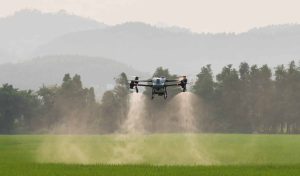
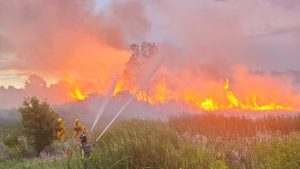
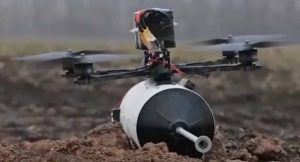
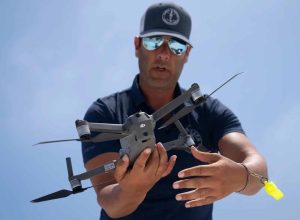

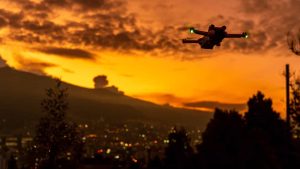
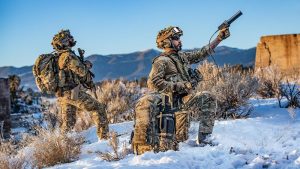

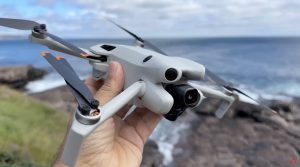
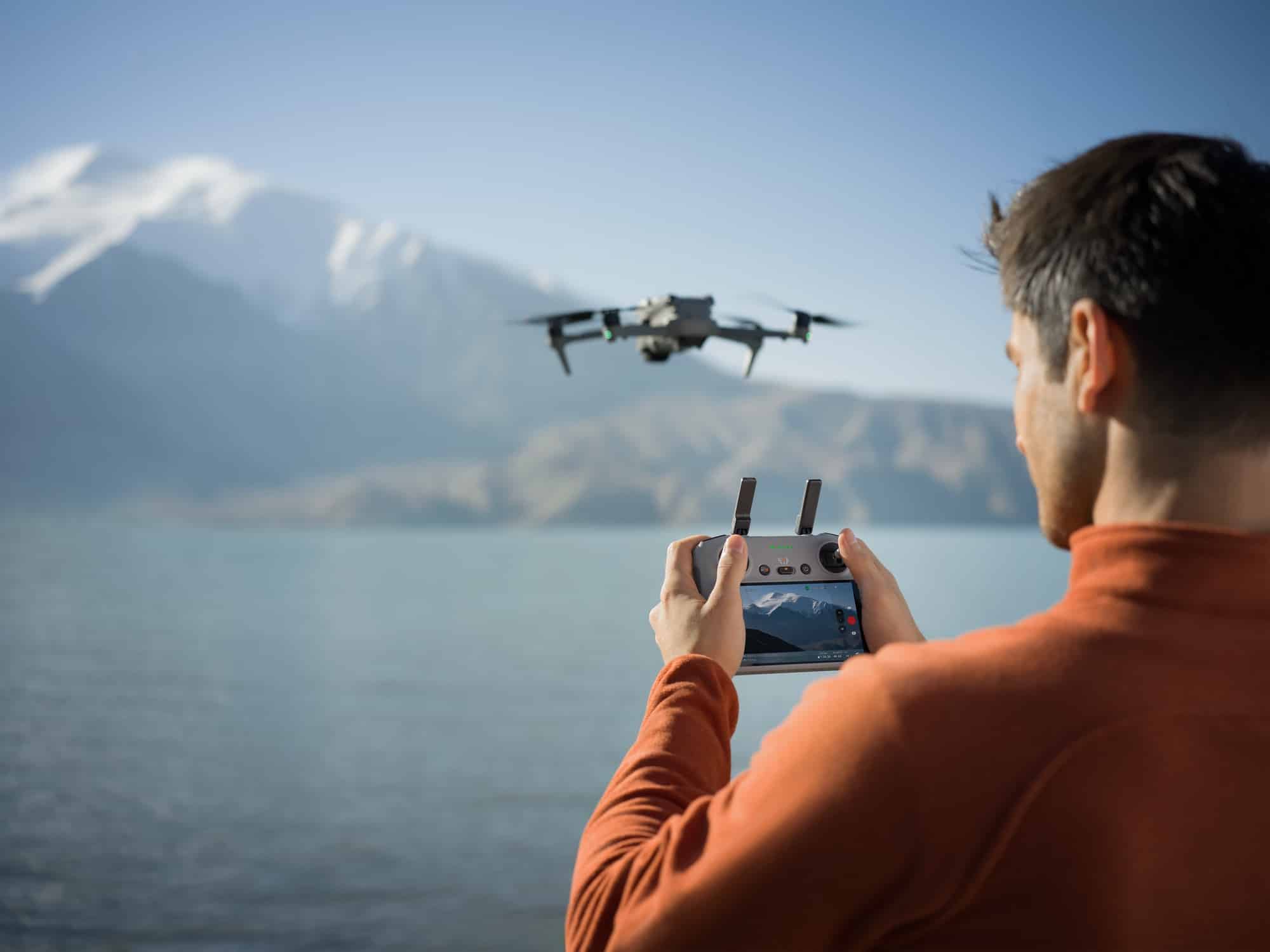

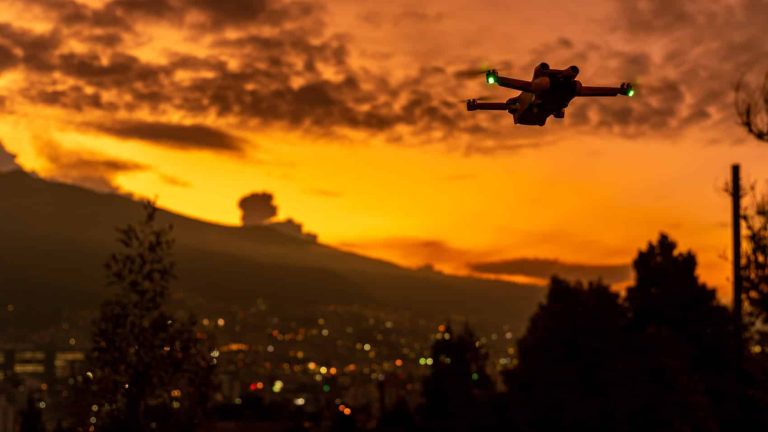
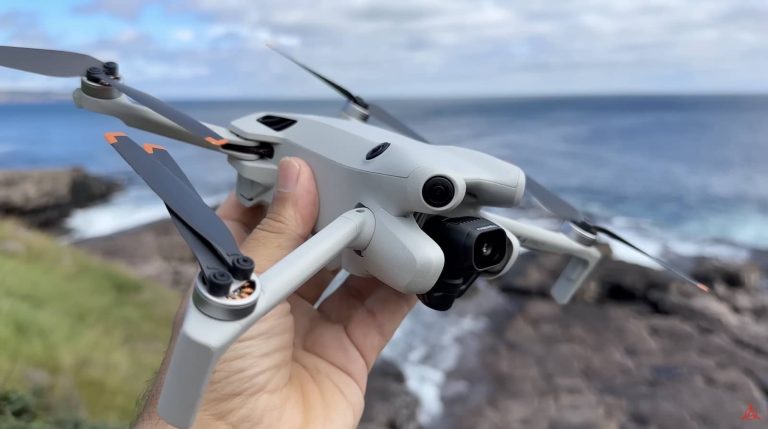
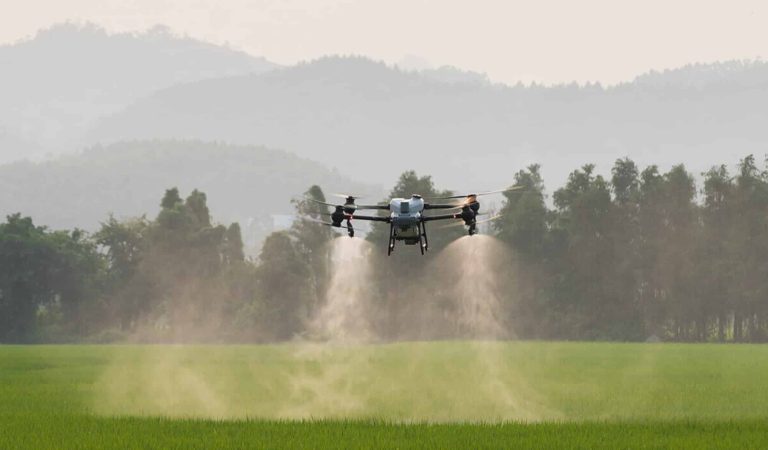
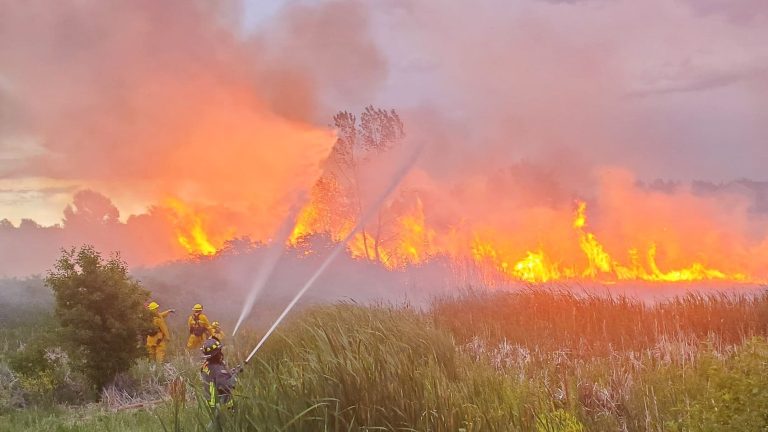
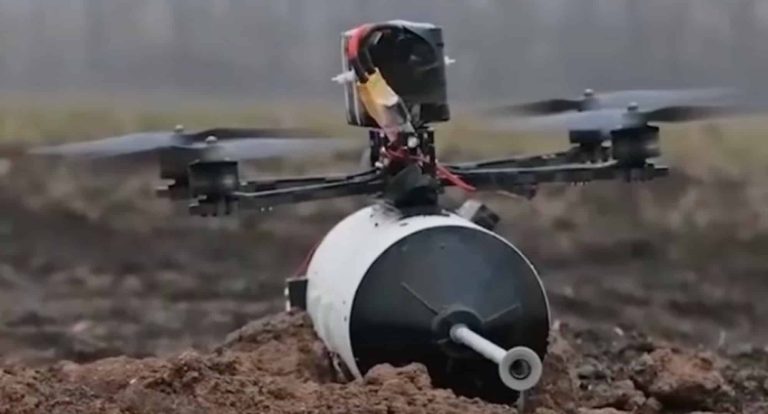
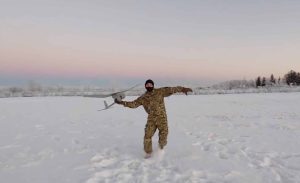

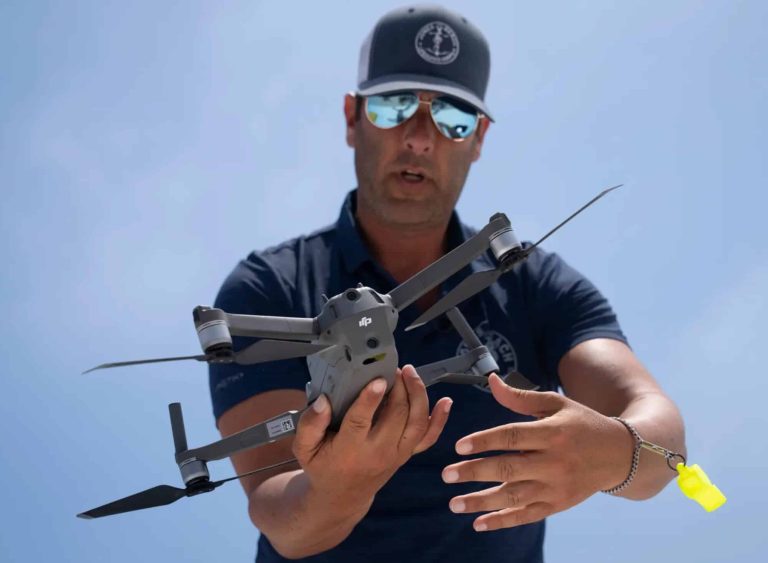
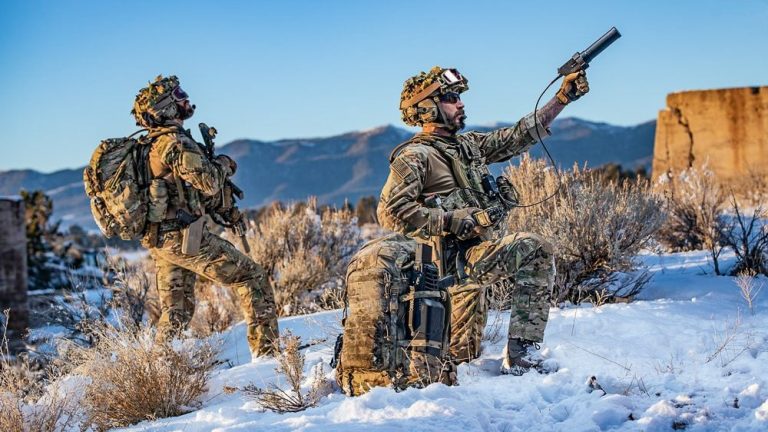
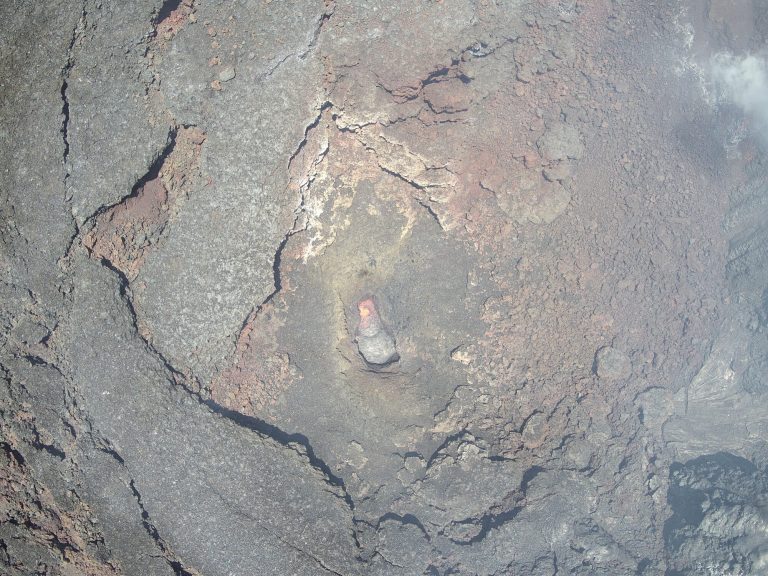
+ There are no comments
Add yours